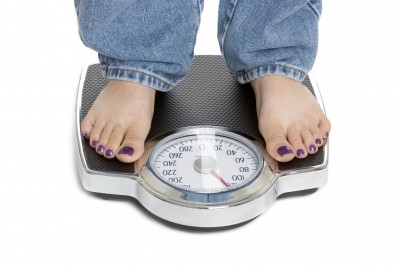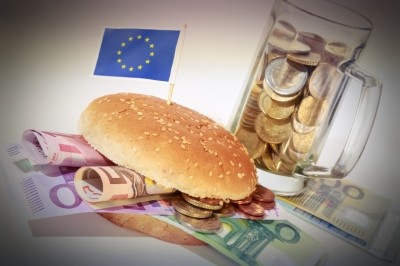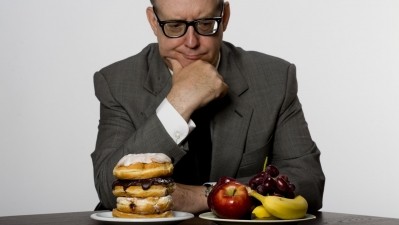‘Sin taxes’ are regressive and impose middle class values on the working class: Economist

Discussing a recent report from the European Commission on the impacts of so called ‘sin taxes’, Christopher Snowdon, lifestyle economics director for the Institute of Economic Affairs (IEA), told FoodNavigator: “There’s a big administrative burden from these kinds of taxes and they are regressive and they do encourage a certain amount of cross-border shopping.”
The author of the separate IEA report Aggressively Regressive: The 'sin taxes' that make the poor poorer, which focused on the Danish fat tax example, said he agreed with many of the Commission’s conclusions about possible unintended consequences.
He added such taxes put too much focus on middle class values of health wealth, and not enough on helping working class people save actual monetary wealth. In his own report last year, Snowdon said for every eight pounds spent by the poorest fifth of households in Britain, one pound was taken in ‘sin taxes’ including duty on tobacco, alcohol and motor fuels, betting taxes, vehicle excise duty, air passenger duty and ‘green taxes’.
Instead, for the food and beverage industry voluntary reformulation made better business sense and responded to consumer demand, which he said ultimately should not be ignored.
What are the consequences?
He admitted that these kinds of taxes would change consumption, however the administrative costs for the state and businesses as well as the budgetary strain it placed upon consumers could not be justified by the “trivial” changes seen in places like Denmark, where a fat tax was in place for 15-months from 2011 before being scraped for fear of inflated food prices and employment insecurity.
As with the EU report, he warned that upping taxes could see people switching to poorer quality, cheaper products, or even hopping the border to avoid the levies.
Middle class values?
Snowdon called ‘sin taxes’ a “real blind spot for the left”, saying those normally in favour of abolishing policies disproportionate to income were often conversely in favour of this tax.
He said the poorest 20% of households in Britain spent an average of £1,286 a year on ‘sin taxes’, on top of the £1,165 already spent on VAT.
He put this stance down to middle class snobbery, and criticised the left’s attitude towards working class worries over household budgets.
Asked if he saw the argument that health was a form of wealth in that those who were healthy may be more likely to be in and stay in employment, he said it was down to the individual to balance those aspects.
Public vs. private, taxes vs. reformulation
Snowdon said reformulation was a far better option than tax changes, if done voluntarily and in cooperation with government and businesses and with consumer demand in mind.
He said if such healthier alternatives were available it would be a matter of private health and personal choice, adding the attitude of public health lobbyists that the industry was purposefully poisoning its consumers was unhelpful.
Asked if it was not arguable that consumption habits were indeed a public health concern considering the long-term implications of unhealthy eating and drinking, the free-market fan said if this stance was to be taken no line could be truly drawn between the state-controlled public and private, personal choices.
Pricing elasticity
Comparing consumption taxes on food and drink with those on tobacco, he said the latter was much more straight forward. The purpose of tobacco taxes was to stop people smoking altogether, whereas with food and drink it was to change consumption habits.
He said the price elasticity – how much people were willing to pay for something – of tobacco was wildly different to food, since food was an essential item people would do almost anything for.
!["We suggest that energy-dense foods might be taxed, while fruit and vegetables whose prices often rise compared to other foods, might be subsidised. [But] much comes down to the political appetite to contemplate taxing foods," wrote the authors.](/var/wrbm_gb_food_pharma/storage/images/_aliases/wrbm_medium/9/5/9/4/814959-1-eng-GB/Taxation-necessary-to-offset-rising-cost-of-a-healthy-diet.jpg)
























